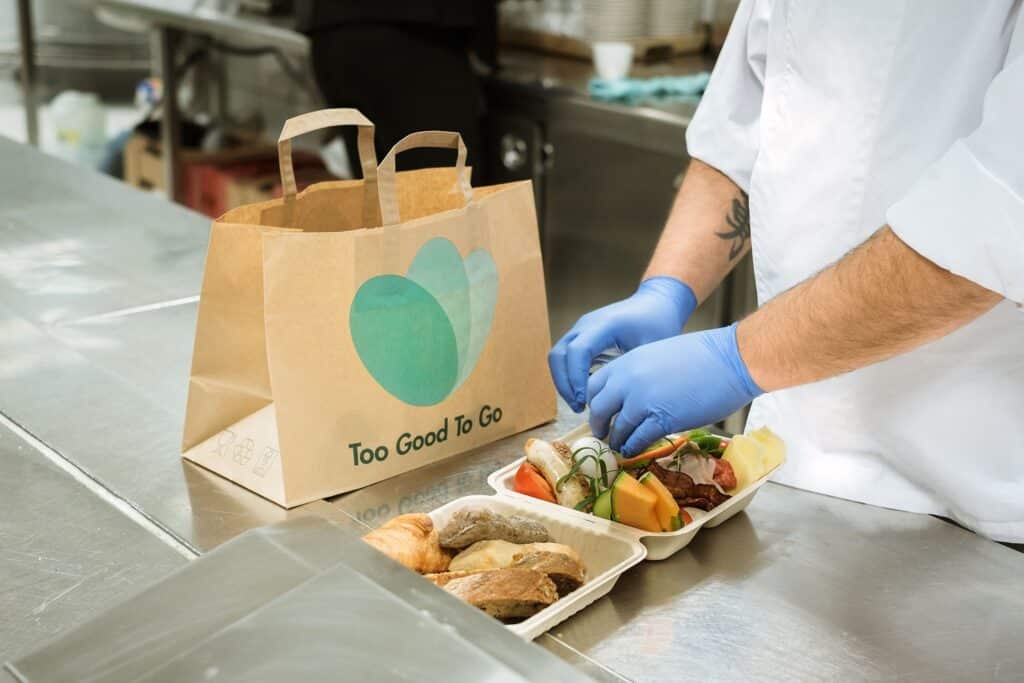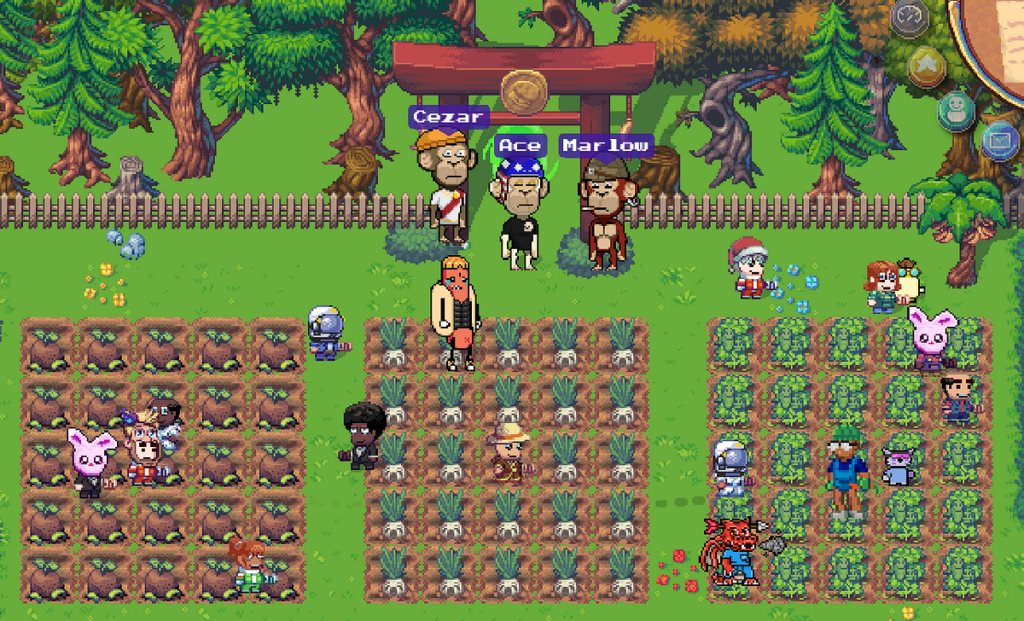Supermarkets Use AI to Sell Near-Expired Goods in an Effort to Reduce Food Waste
By Brylle Uytiepo • January 24, 2024
Supermarkets Use AI to Sell Near-Expired Goods in an Effort to Reduce Food Waste
Across the globe, supermarkets are facing increasing difficulties in effectively handling and marketing food products that are getting close to expiration. Conventional techniques for manually verifying and marking down these kinds of products take a lot of time and are prone to mistakes, which means that profits are lost. A Danish business called Too Good To Go (TGTG), well-known for its achievements in cutting restaurant food waste, is tackling this problem by introducing an AI-driven remedy. Supermarkets can use this technology to help them keep track of expiration dates and strategically mark down products. The action is a reaction to the impact of food waste on the environment and the growing desire for less expensive, short-lived commodities in the face of inflation.

The Issue with Manual Procedures
Traditionally, supermarkets have identified and discounted products that are getting close to expiration dates through human checks. Not only is this procedure labor-intensive, but it frequently leads in the delayed discovery of products that are out of date, which costs money. Mette Lykke, CEO of TGTG, emphasizes the inadequacy of the current strategy and the demand for a more automated and simplified solution.
The AI-Powered Remedy from TGTG
TGTG’s latest software utilizes artificial intelligence to examine multiple variables, such as consumer behavior and seasonality, in order to forecast the probability of a product selling within a specific period. As products get closer to expiration, the tool recommends appropriate discount rates. The software lessens the need for human checks by automating this procedure, freeing up staff time to concentrate on just 1% to 7% of items. The portal also highlights possibilities to sell stuff through TGTG’s app at a substantial discount or to donate.
Effective Trials and Worldwide Deployment
TGTG successfully tested its AI-powered product in France with an undisclosed grocery chain. Since 2016, it has been illegal for large grocery stores in France to dispose of food that is unused and may be donated. More dynamic discounting techniques with regional and seasonal differences were the outcome of the trial. First up on the list for TGTG’s global implementation of its technology is the multinational supermarket chain SPAR.
Satisfying Customer Needs and Cutting Down on Food Waste
Professor Jorgen Dejgaard Jensen of the University of Copenhagen, who studies the food waste industry, observes that demand for less expensive, quickly expiring products is increasing due to inflation. Supermarkets are using near-expiry goods discounts and promotions more often in an effort to reduce food waste and increase profits. Supermarkets profit from this strategy, but there’s still worry about food that’s almost expired being thrown out at home, which adds to the larger problem of food waste.
Food Waste’s Effect on the Environment
Food waste contributes between 8% and 10% of greenhouse gas emissions worldwide, which has serious environmental effects. According to UN estimates, almost 30% of food produced for human use is lost or wasted worldwide. Food waste costs supermarkets a significant amount of money—an average of 1.6% of net sales, according to the European Retail Institute.
The History of TGTG in Reducing Food Waste
Through its app, TGTG has been preventing food waste since late 2015. It does this by putting customers in the US, Canada, and fifteen European countries in touch with bakeries, grocers, and restaurants that are willing to sell their unsold food. The 85 million users of the app can get “surprise bags” from different manufacturers for a lot less money. To help reduce food waste, TGTG recently introduced “magic parcels” that are offered straight from manufacturers like Unilever.
The Function of Regulatory Actions and Consumers
Although TGTG’s efforts have been successful in cutting waste in the business sector, a large amount of the world’s food waste problem arises in families. Households are responsible for more than half of food waste in the US and Europe. Customers frequently throw things away too soon because they are confused about expiration dates, especially when it comes to use-by and best-before labels. According to TGTG, regulators could help educate customers and reduce needless waste by offering clearer standards on label definitions.
The goal of supermarkets implementing AI-powered technologies to better manage near-expiration dates is to increase income streams while reducing food waste. With its partnership with SPAR as the first stage, TGTG’s innovative strategy may be a big step toward a more sustainable and profitable future for the retail food sector.

